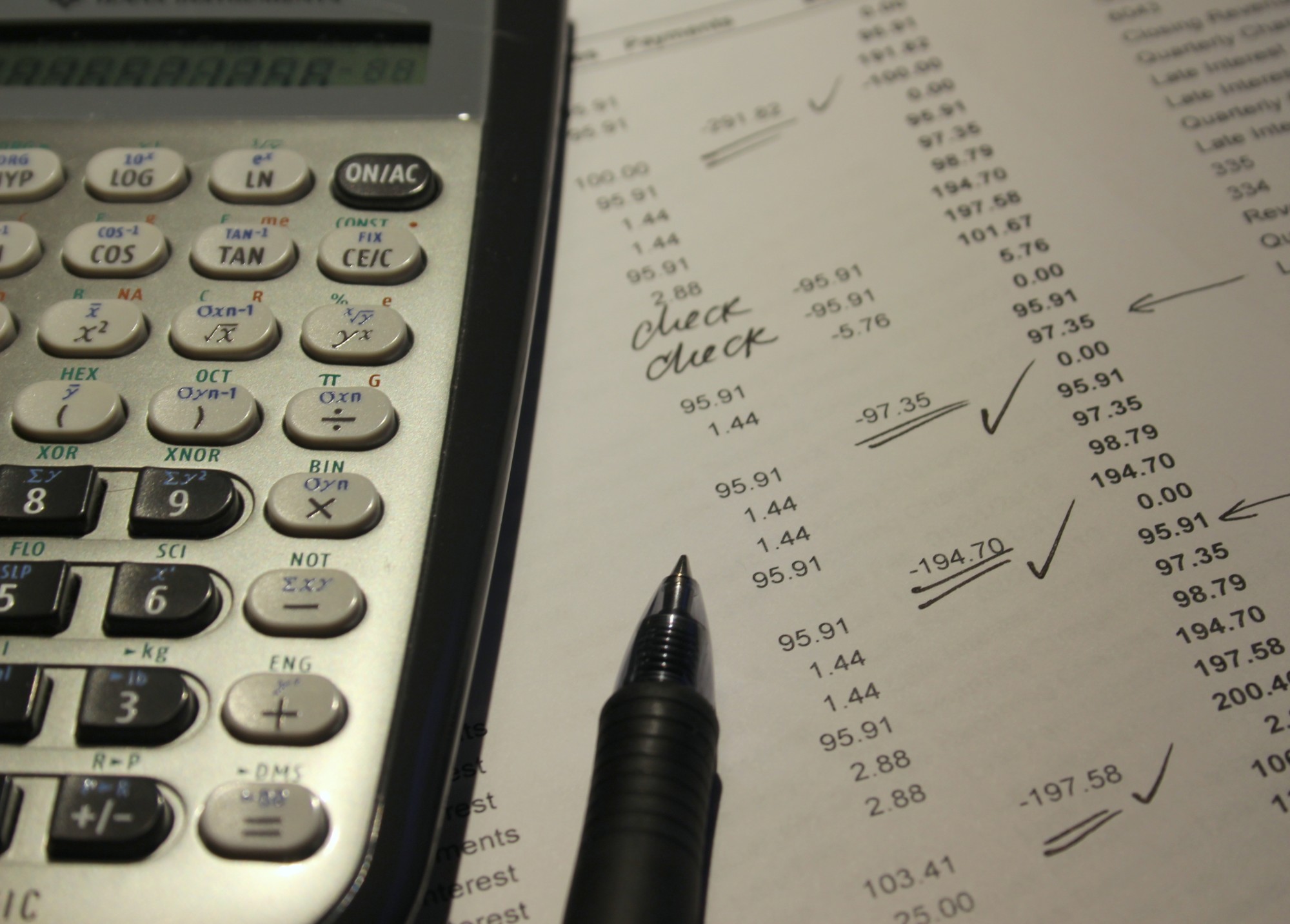Did you know that more than one in five people have an error on their credit report?
Even with this many errors, most of these errors are never fixed and many go unnoticed.
If you have been dealing with errors on your credit report lately and have no idea how to get them fixed you’re in the right place. Keep reading to learn how to fix errors on your credit report.
How to Fix Errors on Your Credit Report
Before you can fix any errors on your credit report you have to know if there are any errors and what they are. It’s a good idea to check your credit annually to make sure there are no discrepancies.
You can get a free credit report every 12 months from each of the three major credit bureaus. This will help you stay on top of everything that is being reported with your name and information to the credit bureaus.
If you find any errors when you’re checking your credit report then you can take the following steps to fix any discrepancies you find.
Disputing Errors
The three credit bureaus, Equifax, TransUnion, and Experian all have three options to dispute any errors. You have the option of calling by phone, writing a dispute letter, or fill out an online dispute.
Filling a dispute online is the fastest way to start the process and hear back. But it also makes it a bit challenging to tell your side of the story because you have to choose from pre-populated reasons for your dispute.
Credit Bureau Addresses
Here are the addresses for each of the credit bureaus if you go this route:
Equifax: PO BOX 740256 Atlanta, GA 30374
Experian: PO BOX 9701 Allen, TX 75013
TransUnion: PO BOX 2000 Chester, PA 19016
If you decide to dispute through mail make sure to send the letter through certified mail with a return receipt. This will ensure that you have proof that they received the dispute.
Be Prepared
No matter which way you choose to dispute you will want to gather certain information while you’re waiting to hear back. This will speed up the process when the credit bureau gets back to you.
Gathering the following should help:
- Social Security
- Government Issued Identification (passport or driver’s license)
- Birth Date
- Current Address
- Address used the previous two years
- Mail with current name and address
- Items you’re disputing and why
- Supporting documentation for the items you’re disputing
Each credit bureau has 30 days to respond to any dispute.
Contact the Other Party
Besides contacting the credit bureaus you will want to contact the party that reported the error. Under the Fair Credit Reporting Act, both parties are responsible for correcting any inaccurate information in your credit report.
The best way to contact the other party is by mail. This will leave you with proof that you contacted them in case they choose to not respond to your dispute. You will want to make sure that you send this dispute via certified mail also for your own records.
Fair Credit Reporting Act
The purpose of the Fair Credit Reporting Act (FCRA) is to make sure that each credit bureau is giving accurate information about a person. You have several rights other than the one above under the FCRA, including:
- The right to receive a copy of your credit report
- The right to know who received your credit report in the last year
- If you’re ever denied the company has to tell you the name and address of the credit bureau that they received their information from
- If you aren’t satisfied with the dispute you have the right to add a summary explanation to your credit report
Waiting Time
Now that you have contacted both the credit bureau and the party that made the report give them each 45 days to make their investigation and respond back to you. Usually, the credit bureau and the other party has 30 days to respond and tell you what they found in their investigation.
The only time this 30-day response doesn’t apply is if the credit bureau finds your dispute to be “frivolous.” If they feel your dispute isn’t accurate they have 5 days to let you know and the reason the find the dispute to be frivolous. They have no obligation to conduct an investigation if they deem it frivolous.
If for some reason they reply back that it was frivolous you can resubmit the dispute with proof of why it’s not.
If the party that is reporting the error doesn’t respond in time to the credit bureau the information you disputed will be removed. If they can’t verify that the dispute is valid then it will also be removed from your credit report. If the account in question had a significant weight on your credit score then you will see a spike in your score once the issue is corrected.
Not Happy with the Results?
If you’re not satisfied with the results when the credit bureau responds you still have options. You have the right to submit a follow-up dispute to the credit bureau that is showing the error. You can submit a claim to the Consumer Financial Protection Bureau.
You can also submit a paragraph of up to 100 words. The credit bureau will attach it to the account in question. Keep in mind that this won’t help your credit score. It will only help if someone is going through your report not only looking at your score.
Credit Card Lawsuits
If you didn’t catch any errors early on and you end up getting sued by a credit card company it might be too late to file with the credit bureau. If this happens to you then you will want to look into a licensed attorney that can defend you.
The best thing about attorneys that are specialized in credit card lawsuits is that they understand the law inside and out. They are able to use the law to protect their clients. McCarthy Law PLC is a perfect example of a firm that can help you if you find yourself in this situation.
Fair Debt Collection Practices Act
It’s good to familiarize yourself with this act because in case you ever find yourself dealing with debt collectors you have the right to fair treatment. This act applies to any type of household debts, personal debts, or family debts.
You are protected from dealing with abusive practices and your rights include:
- You can only be contacted by a debt collector between 8am-9pm
- They can’t harass you, abuse you, or oppress you
- A debt collector can contact you at your job if they know your employer doesn’t allow it
- Debt collectors have to identify who they are when they contact you by phone
- They aren’t allowed to lie to you
- You can’t be told that you have committed a crime
- If you ask a debt collector to stop contacting you in writing they have to stop
Incorrect ID Related Information
If the information on your credit report that’s not correct has to do with things such as your name or address it’s important to dispute this as well. A misspelled name can affect you down the road when you’re trying to take out a credit card, a loan, a job, or insurance.
Keep an eye out on any wrong addresses on your report because this can affect you as well. Social Security numbers that are not accurate are also a big deal – dispute that too.
Keep an eye out for the updates. If you wait several months and the credit bureau hasn’t fixed the error contact them again. It’s their obligation to correct any errors.
Time to Clean Up Your Credit Report
Now that you know how to fix errors on your credit report you can start cleaning it up and making sure everything looks right. It’s not fair to get denied credit or have to pay high interest rates because of a low credit score that’s not your fault.
Don’t forget as soon as you notice an error on your credit report make sure you take immediate action. Don’t leave incorrect information lingering around. Have patience after you submit your dispute because although the process isn’t difficult it can be time-consuming.
If your dispute is successful and turns out in your favor it will be worth all the time you spent and worth the effort you put into it.
Enjoyed this post? Please don’t forget to bookmark our site to never miss our latest posts!

